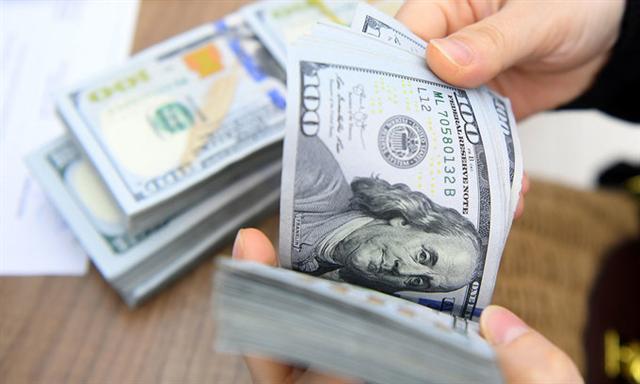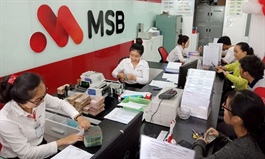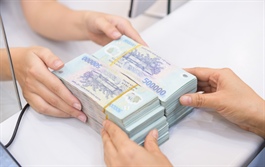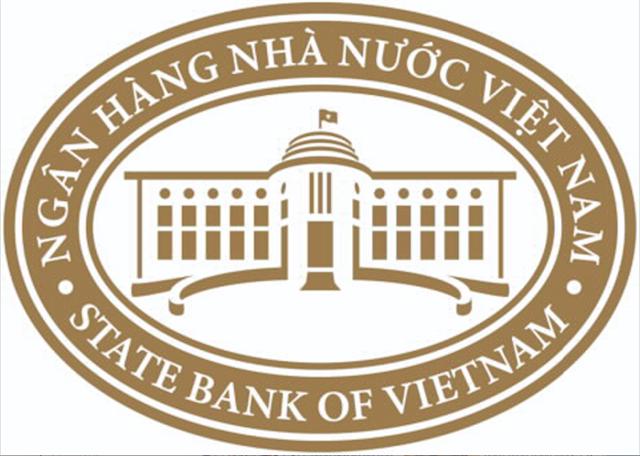Vietnam rejects ‘currency manipulator’ label
Vietnam rejects ‘currency manipulator’ label
Vietnam has rejected the U.S.’s currency manipulator label, reiterating that its monetary policies do not target unfair trade advantages.
An employee counts Vietnamese banknotes at a bank in Hanoi. Photo by VnExpress/Giang Huy.
|
Vietnam’s monetary policies in the past have only served to contain inflation and ensure macroeconomic stability. It does not seek unfair trade advantages, the State Bank of Vietnam (SBV) said in a statement Thursday.
The statement was responding to the U.S. Treasury labeling Vietnam and Switzerland as currency manipulators in a report released Wednesday.
Countries must at least have a $20 billion bilateral trade surplus with the U.S., foreign currency intervention exceeding 2 percent of GDP and a global current account surplus exceeding 2 percent of GDP to be labeled a manipulator.
The U.S. Treasury’s report shows that Vietnam has exceeded these criteria. Vietnam, which has seen increased foreign investment by companies seeking to avoid U.S. tariffs on Chinese goods, saw intervention of more than 5 percent of its GDP, the report said.
At least part of Vietnam’s intervention was aimed at pushing down the dong for a trade advantage, it added.
The SBV countered that the trade surplus Vietnam has recorded with the U.S. is the result of a series of factors, and the central bank’s purchase of foreign currency seeks to ensure national financial security as the country’s foreign reserves is at a low level compared other countries in the region.
Vietnam highly regards its trade relationship with the U.S. and will continue to work with U.S. authorities to ensure a "harmonious and fair" trade relationship, it added.
In its report the U.S.Treasury also added Taiwan, Thailand and India to its currency manipulation monitoring list. Others remaining on the list are China, Japan, South Korea, Germany, Italy, Singapore and Malaysia.























